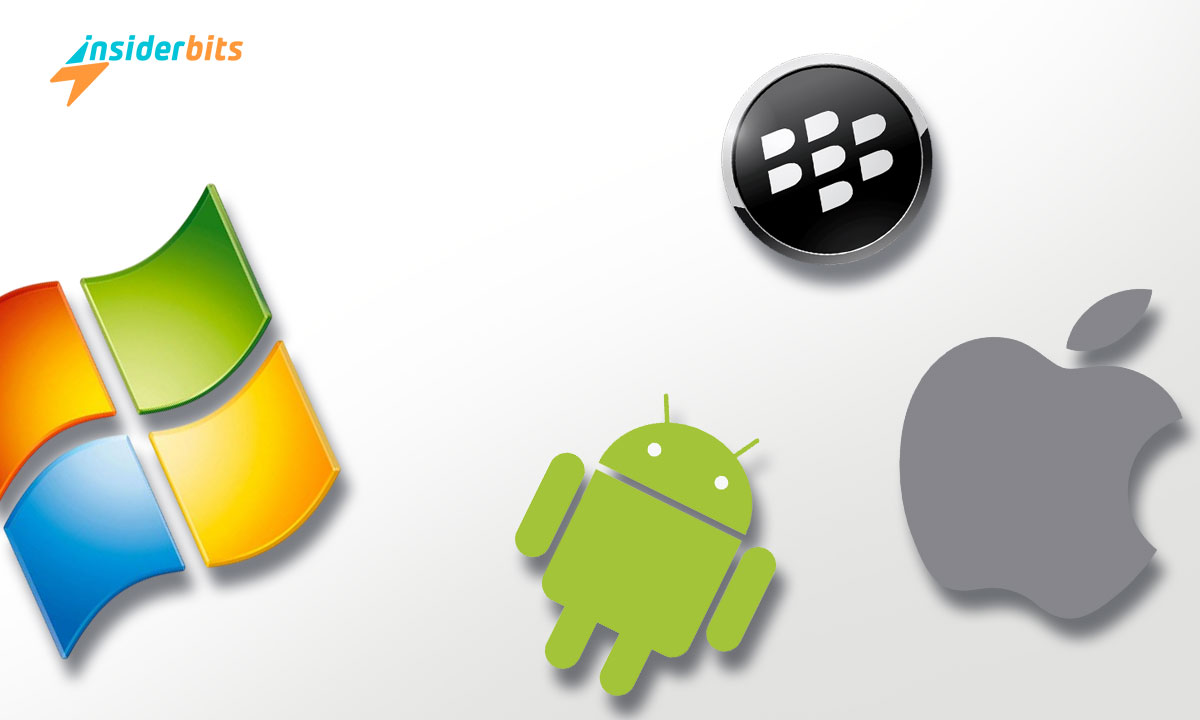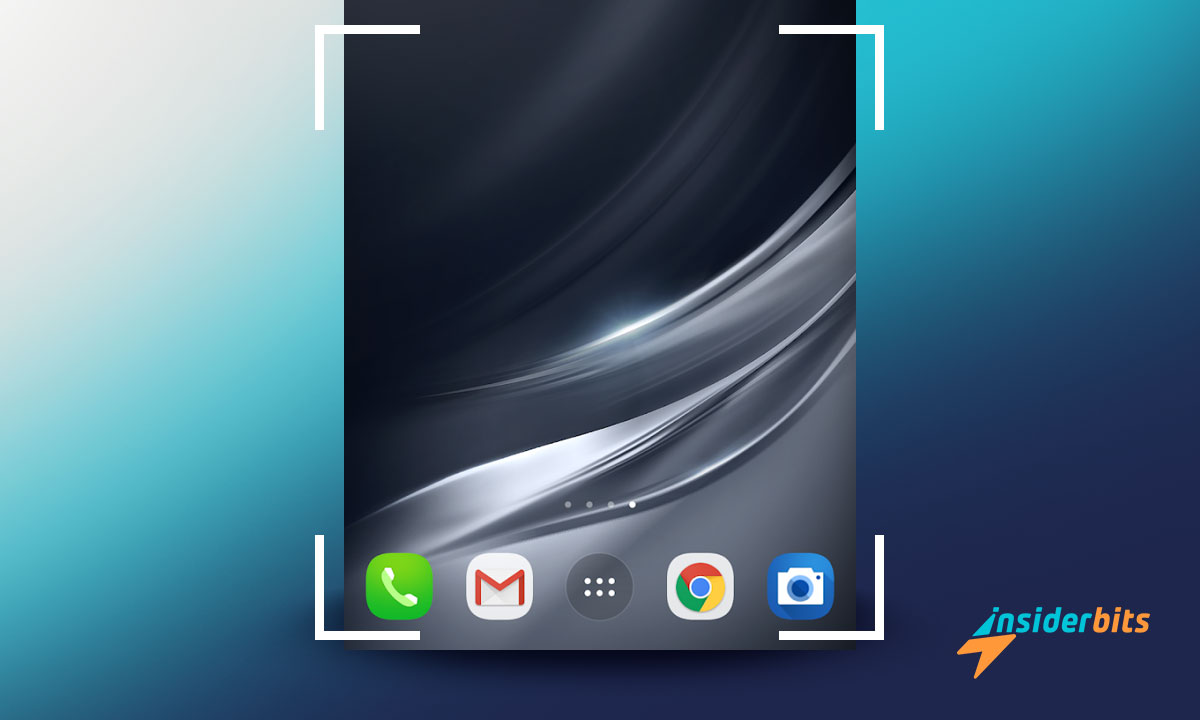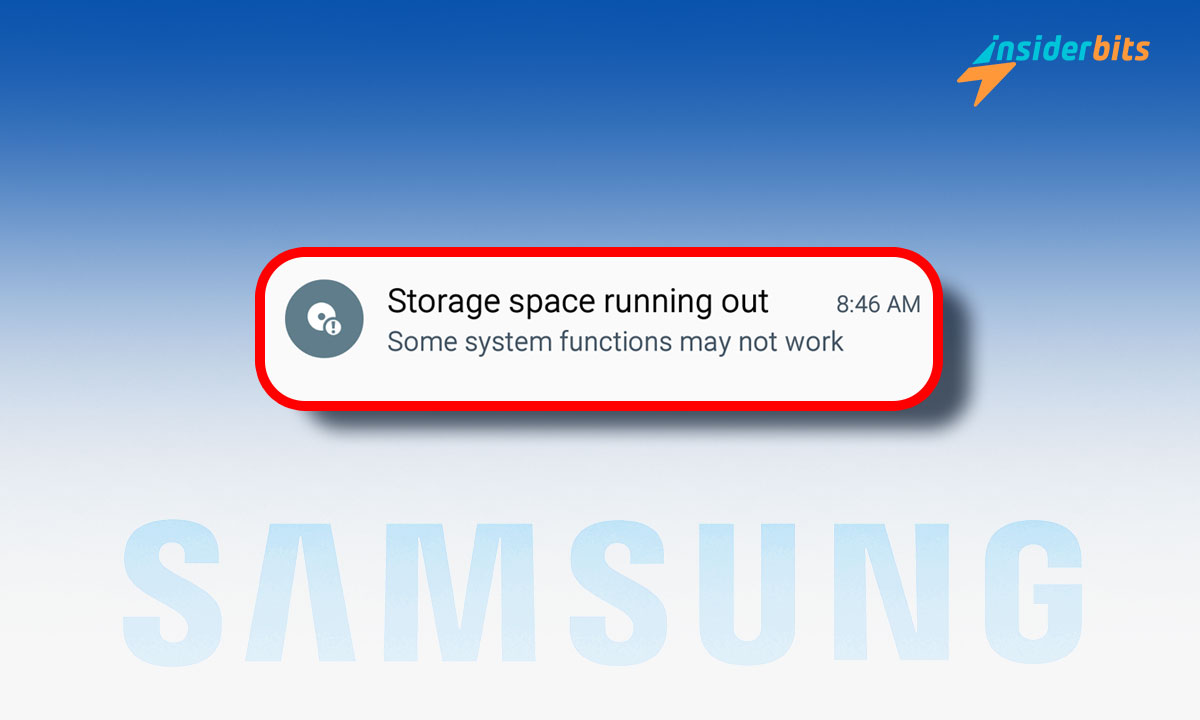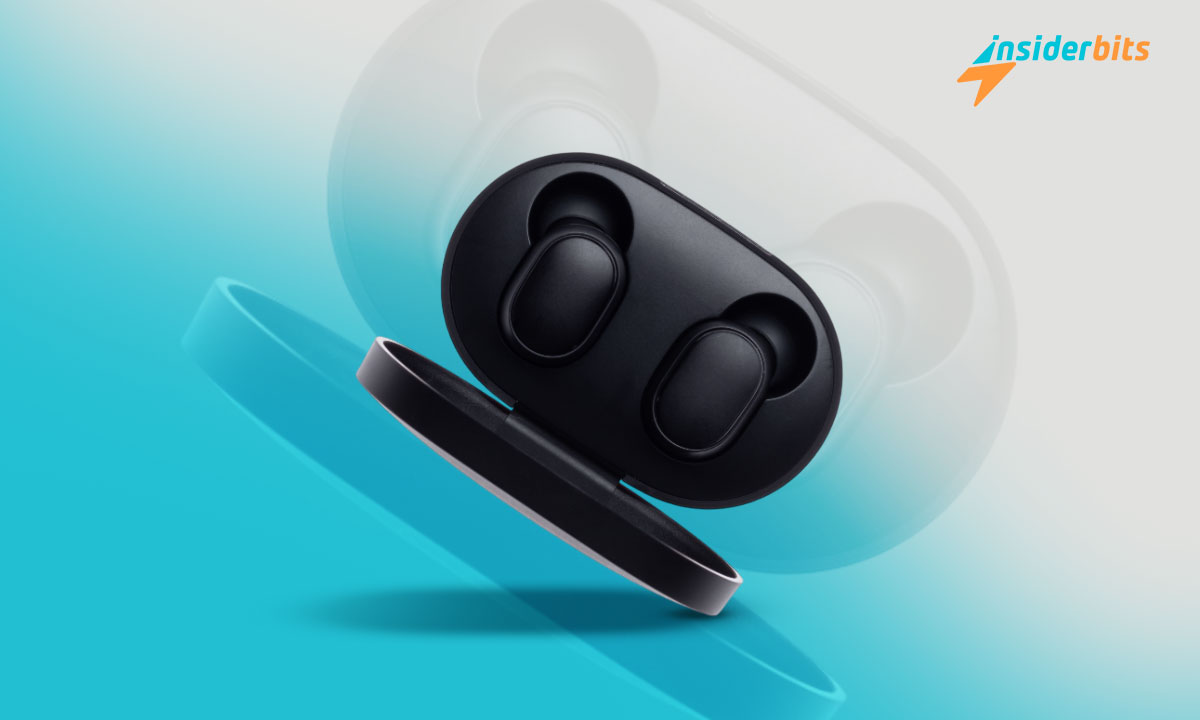Understanding mobile operating systems is essential for anyone curious about how their smartphone functions.
These systems are the backbone of every device, managing hardware and software interactions.
From user-friendly interfaces to robust security features, mobile operating systems shape how we interact with technology.
What are the types of mobile operating systems?
There are several types of mobile operating systems, each with unique features and capabilities. The most popular include Android, iOS, and HarmonyOS, which dominate the smartphone market.
Lesser-known systems like KaiOS cater to specific markets, offering lightweight functionality for affordable devices.
Each operating system comes with strengths tailored to different user needs, such as accessibility, customization, or integration with specific ecosystems. These differences make choosing the right OS an important decision for maximizing your phone’s potential.
What are the top 3 mobile operating systems?
The top three mobile operating systems are Android, iOS, and HarmonyOS. They lead the global market due to their innovation and reliability.
Android, known for its open-source flexibility, powers a majority of smartphones worldwide. iOS, exclusive to Apple devices, offers seamless integration with the Apple ecosystem and unmatched security.
HarmonyOS, developed by Huawei, is gaining traction for its adaptability and connectivity across various devices. These three systems dominate in user adoption in app availability and regular updates, ensuring an optimal experience for their users.
What are the 5 operating systems?
While Android and iOS are household names, there are other mobile operating systems shaping the digital landscape.
Windows Mobile, though discontinued, had a significant impact on the industry. Similarly, Blackberry OS, once a business favorite, has evolved into Blackberry Secure.
KaiOS is another noteworthy mention, providing a hybrid experience between smartphones and feature phones. Together with Android, iOS, and HarmonyOS, these systems highlight the diversity of mobile operating platforms catering to varied audiences.
Which OS is best for mobile?
The best mobile operating system depends on your priorities. Android excels in customization, offering a range of devices at various price points.
iOS is perfect for those who value security and seamless integration with other Apple products. HarmonyOS appeals to users seeking interconnected smart device ecosystems.
Ultimately, the best choice aligns with your preferences, budget, and device compatibility. Each OS brings its unique strengths, ensuring there’s an option for everyone.
How Mobile Operating Systems Evolved Over Time?
The history of mobile operating systems showcases the rapid pace of innovation in the tech world.
Early platforms like Palm OS and Symbian paved the way for modern systems by introducing basic smartphone functionalities. These early pioneers set the stage for operating systems to evolve into more user-friendly and feature-rich platforms.
The introduction of iOS in 2007 revolutionized the industry with its intuitive design, followed closely by Android’s debut, which offered unparalleled customization.
Over time, systems like Blackberry OS and Windows Mobile lost prominence as the market consolidated around Android and iOS. Today, mobile operating systems continue to adapt, integrating AI and IoT technologies to keep up with user demands.
How to Choose the Right Mobile Operating System for You?
Choosing a mobile operating system involves considering various factors such as usability, app availability, and ecosystem integration.
Android is ideal for users who value customization and a wide range of device options, from budget models to high-end smartphones. Its open-source nature allows for endless personalization, making it a top choice for tech-savvy individuals.
iOS appeals to those seeking simplicity and a seamless experience across devices. Its exclusive app ecosystem and robust security features are perfect for users who prefer consistency and reliability.
Meanwhile, HarmonyOS is gaining attention for its emphasis on smart device connectivity, making it an excellent option for users invested in IoT devices.
Future Trends in Mobile Operating Systems
The future of mobile operating systems is set to be defined by advancements in artificial intelligence, integration with Internet of Things (IoT) devices, and improved personalization.
AI-powered features, like predictive typing and voice assistants, are becoming more sophisticated, enhancing user convenience.
Mobile operating systems are also focusing on deeper integration with smart home and wearable devices. Platforms like HarmonyOS are leading the charge by creating ecosystems that allow seamless communication between smartphones, appliances, and IoT gadgets.
Understanding Mobile Operating Systems – Conclusion
Mobile operating systems are the foundation of every smartphone, shaping how we interact with technology in our daily lives.
From Android’s adaptability and iOS’s seamless ecosystem to the rising prominence of HarmonyOS, each platform brings unique strengths to the table. These systems have evolved to meet diverse user needs, offering options for everyone, from tech enthusiasts to casual users.
No matter your preference, understanding these systems ensures you get the most out of your device.
관련: A Complete Guide to Format Cell Phone
이 글이 마음에 드셨나요? 인사이더비츠 블로그를 즐겨찾기에 추가하고 기술 등에 관한 새롭고 흥미로운 정보를 얻고 싶을 때마다 방문하세요.





